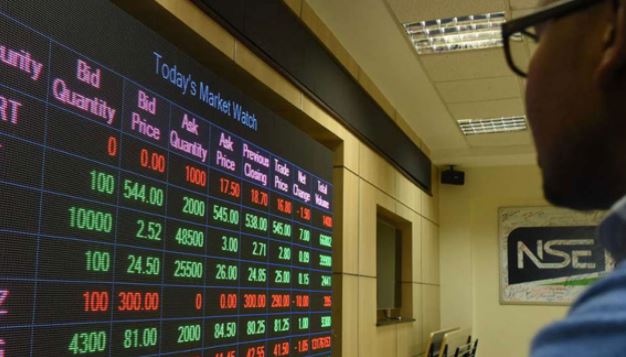You must feel like you’re between a rock and a proverbial hard place. On the one hand, you simply must, in what is a supremely tight labor market, be able to recruit and retain talent. Doing so necessitates an attractive rewards package.
On the other hand, in this unsteady and evolving economy, you must contain costs and watch your compensation budgets. Are we right? Well, read on for what you should know about reinventing rewards for uncertain times.
The Issue
The disruption caused by COVID-19 has spawned an unstable economy. In response, budgets are being tightened and caps are being placed on costs, including those related to employees. Still, you do want to show your people empathy during these unprecedented times.
You also want to be able to lure and keep the employees you need.
Total Rewards
This refers to the combination of all the wages, benefits, recognition, performance, growth and development, work-life flexibility, and other such things employees receive from their employer.
Total rewards as a strategy essentially mean whatever an organization offers employees in exchange for their membership, contribution, and dedication.
Total Rewards Elements
Let’s look at the composition more closely.
— Compensation. This generally includes fixed, variable, and short- and long-term pay.
— Benefits. This can include health, dental, vision, and life insurance, plus other benefits such as pet insurance, wellness, and behavioral health programs, retirement plans, college savings, and pre-paid legal.
— Work-life Flexibility. What with the new face of work-life caused by the pandemic, flexibility is of utmost importance in today’s business milieu. Such provision also helps employers compete. In addition to remote work, flexibility can include flexible schedules, elder care, flexible schedules, and paid time off.
While such benefits were once seen as novel and more of the exception, they are now increasingly expected from organizations.
— Recognition. Employees who excel on a consistent basis want to hear from you. If you set goals as part of total rewards and they are met, you must recognize such employees through one-on-one meetings, appreciation luncheons, performance reviews, and the like. Make this part of your total rewards.
— Professional growth. A superior total rewards strategy helps employees grow and develop. This can be through training, mentoring programs, tuition reimbursement, top-leader access, and/or leadership access.
Why You Need a Total Rewards Strategy
You do need a robust total rewards strategy, especially during these unprecedented and still evolving times. Key advantages, some of which we’ve broached, are in these areas:
— Recruitment. You know that some employees will value some elements of total rewards over others. There’s nothing you can do about that. But what you can do is put together a broad enough total rewards package that will appeal to a wide demographic of prospective employees.
— Retention. In the same vein, a great total rewards strategy promotes employee motivation and wellbeing, which breeds organizational loyalty.
— Engagement. It’s a fact that when people feel they’re rewarded fairly, they’ll be more engaged. Engaged employees are more productive, which is good for your bottom line.
— Competition. Incentivizing excellence through an effective total rewards strategy gives employers more of an edge among rivals, especially in areas of recruitment and retention.
— Performance. As we say, a superior total rewards strategy can help you gain and keep talent who will be more engaged and who will perform well. All this adds up to improved organizational performance.
Areas for Reinvention
According to the consultant Mercer — which helps employers handle employee-related costs — organizations can reinvent rewards in three chief areas:
— Value. Organizations can gain value through a pay-for-skills strategy and incentivized compensation changes.
— Sustainability. As it is, employers are already under increasing pressure to respond to societal changes with more focus on compensation parity as well as diversity, equity, and inclusion. So, they may as well incorporate these efforts into their total rewards programs.
— Flexibility. The pandemic is continuing to change the workplace experience; more people are working remotely, etc. Such changes are reshaping the employee experience as well as total rewards.
Ultimately must be deliberate about reinventing rewards with a focus on value, sustainability, and flexibility. It’s a serious endeavor.
If you need help with compensation planning and identifying areas where more value is needed, you might want to contact global compensation expert Mercer, which combines top-shelf expertise with vast experience.









